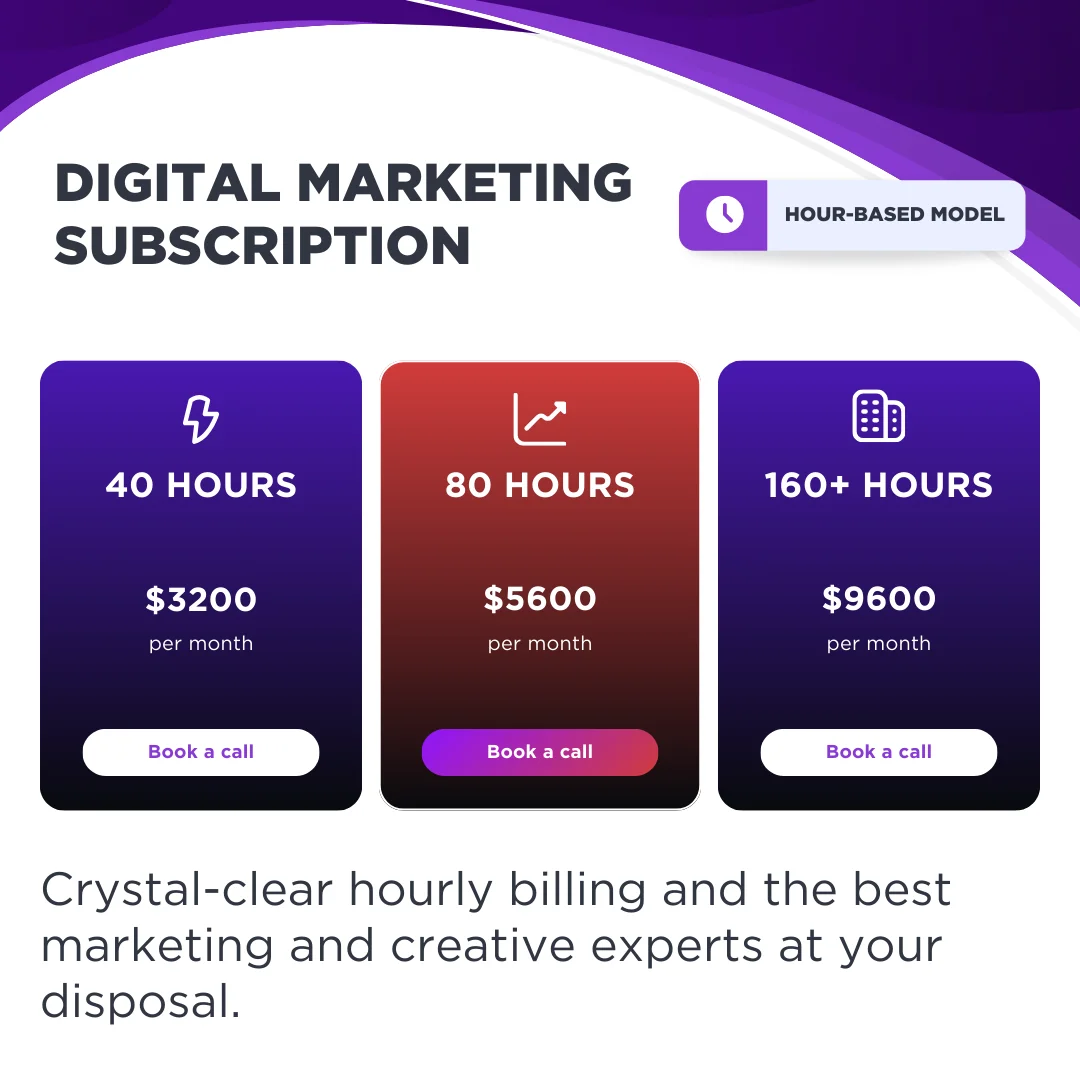Social media has evolved far beyond personal interactions—it has become one of the most powerful marketing tools for businesses today. Brands are leveraging platforms like Facebook, Instagram, LinkedIn, and X to engage customers, build brand awareness, and drive growth. But effective social media management requires more than just posting updates. It’s a combination of strategic content creation, engagement, and targeted advertising.
In this guide, we’ll explore the core elements of social media management and how businesses in various industries can benefit from a comprehensive strategy.
Key Social Media Management Services
1. Content Creation and Scheduling
Creating and delivering consistent, high-quality content is the foundation of a successful social media strategy. Scheduling content ensures that your audience is regularly engaged and keeps your brand top of mind.
- Content Creation: Tailored content for each platform helps maximize engagement. Visual content for Instagram, more detailed posts for LinkedIn, and short, snappy tweets for X (formerly known as Twitter).
- Scheduling: Using tools like Hootsuite or Buffer, you can plan and automate your posts to ensure consistency and reach your audience at optimal times.
Key Benefits:
- Builds brand trust and keeps the audience engaged.
- Ensures consistent messaging across all platforms.
- Boosts organic reach through platform algorithms that favor consistent activity.
Example: Famous Footwear increased engagement by 200% by developing a content calendar that focused on product launches, user-generated content, and influencer collaborations.
| Platform | Best Times | Best Days |
|---|---|---|
| 11:00 AM - 1:00 PM, 7:00 PM - 9:00 PM | Monday, Thursday | |
| 8:00 AM - 10:00 AM, 5:00 PM - 6:00 PM | Tuesday, Wednesday | |
| 1:00 PM - 3:00 PM | Wednesday, Friday | |
| X | 9:00 AM - 11:00 AM, 5:00 PM - 6:00 PM | Monday, Wednesday |
2. Community Engagement and Growth
Social media management isn’t just about posting content; it’s about building a community around your brand. Responding to comments, engaging with followers, and addressing customer inquiries in real-time helps foster brand loyalty.
- Community Engagement: Engaging with your audience regularly not only builds trust but also creates a sense of community.
- Social Listening: Monitoring what’s being said about your brand gives you valuable insight into how to improve products or services and enhance the customer experience.
Key Benefits:
- Builds stronger customer relationships.
- Increases brand loyalty and advocacy.
- Creates opportunities for word-of-mouth marketing.
Example: Spine Care turned a dissatisfied customer into a long-term advocate by addressing their concerns quickly and transparently on social media.
3. Paid Social Media Advertising
Organic growth is valuable, but paid social media advertising allows businesses to amplify their reach and target specific audiences effectively. Social media platforms provide advanced targeting options based on demographics, interests, and behaviors.
- Precision Targeting: Advertisements can be customized to reach specific audiences, ensuring that marketing dollars are spent efficiently.
- Conversion Tracking: Using tools like Facebook Ads Manager, businesses can track conversions, optimize ads, and improve return on investment (ROI).
Key Benefits:
- Fast results and measurable outcomes.
- Increased visibility beyond organic reach.
- Ability to target niche audiences based on interests or behaviors.
Example: Start Tech increased its sales by 150% using targeted LinkedIn ads aimed at key decision-makers in the B2B sector.
4. Platform-Specific Strategies for Maximum Engagement
Each social media platform has its own strengths and best practices. What works on Instagram may not resonate on LinkedIn. Tailoring your content and strategy for each platform ensures maximum engagement and results.
- Instagram: Focus on visual content, including stories, reels, and user-generated content.
- LinkedIn: A more professional tone works well here, especially for B2B marketing.
- X: Short, impactful posts and regular engagement are key.
Key Benefits:
- Increases engagement through platform-specific best practices.
- Ensures that content resonates with the platform’s audience.
- Boosts organic reach by leveraging each platform’s algorithm.
Example: Lifestyle Watch saw a 300% increase in Instagram engagement by switching from static posts to Instagram Stories and Reels.
| Platform | Best Content Types | Audience Focus |
|---|---|---|
| Visual content (stories, reels, photos) | B2C, fashion, lifestyle, eCommerce | |
| Professional articles, long-form posts | B2B, professional services, recruitment | |
| Short updates, event posts, community engagement | B2C, retail, hospitality, local services | |
| X | Short, impactful tweets, news, and updates | B2B, tech, media, influencers |
Benefits of Social Media Management for Businesses
1. Increased Brand Awareness
Social media platforms give businesses the ability to reach millions of potential customers. With a well-crafted strategy, you can increase your visibility and become a familiar name in your industry.
2. Improved Customer Engagement
Effective social media management fosters real-time engagement with your customers, allowing you to respond to inquiries, feedback, and concerns quickly, which enhances the customer experience.
3. Targeted Advertising
Paid social ads allow you to target your ideal audience with precision, ensuring that your marketing dollars are spent efficiently. This is particularly beneficial for businesses in competitive industries like eCommerce or technology.
4. Data-Driven Insights
Social media platforms provide valuable analytics and insights, allowing businesses to refine their strategies based on real-time data.
5. Cost-Effective Growth
Compared to traditional forms of advertising, social media offers a more cost-effective way to build and engage an audience, with both organic and paid options available.
Best Industries for Social Media Management
- Retail and eCommerce: Instagram, Pinterest, and Facebook are great platforms for showcasing products and driving sales.
- Technology and B2B: LinkedIn is ideal for connecting with professionals and decision-makers in the tech and business world.
- Hospitality and Tourism: Visual platforms like Instagram and Facebook allow hotels and travel companies to showcase experiences and destinations.
- Entertainment: TikTok and YouTube offer unique opportunities to engage with younger, entertainment-focused audiences.
Success Stories from Social Media Management
1. Fashion Brand’s Instagram Success
Mumuso grew its Instagram following by 300% in one year by optimizing its content strategy to include a mix of influencer partnerships, user-generated content, and Instagram Stories. This led to a 40% increase in online sales.
2. B2B LinkedIn Growth
Playbook App, a SaaS company targeted decision-makers with a LinkedIn ad campaign, generating over 1,000 high-quality leads within six months. The company combined content marketing with LinkedIn groups and direct messaging to engage potential clients.
3. Hospitality Industry Facebook Ads
Ruwi Beach Hotel Apartments used Facebook ads to target travelers during off-season periods, boosting bookings by 40%. Beautiful imagery, combined with customer reviews, drove engagement and resulted in a 15x return on investment.
Conclusion
Social media management is key to building a strong digital presence and growing your business. Whether you’re looking to engage with customers, grow your following, or drive conversions, Oriential offers customized social media management solutions to help you achieve your goals.
Ready to take your social media strategy to the next level? Contact Oriential today and let’s build your brand’s social media presence together!
Ready to Amplify Your Social Media Presence?
Oriential’s expert social media management services are here to help you drive growth and engagement. Let’s work together to boost your business with powerful social media strategies.




